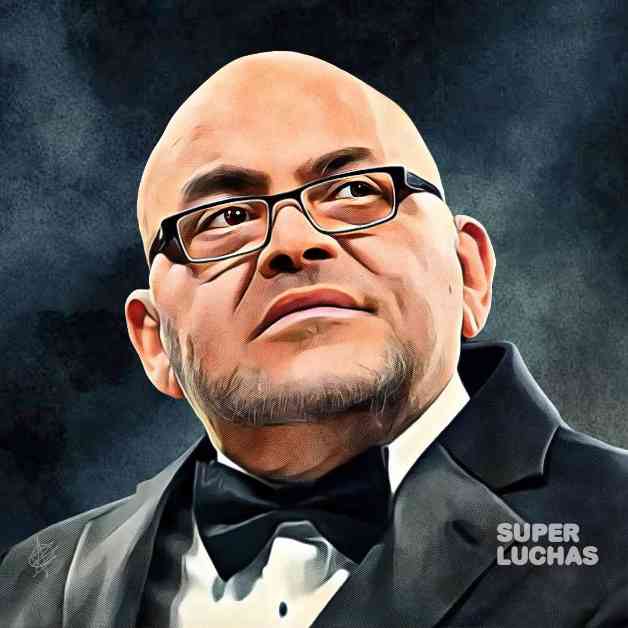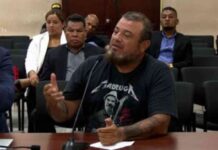In his typical style, the well-known professional wrestling personality, Konnan, a former member of WCW and now the head programmer of AAA, has surprised everyone by speaking candidly about who killed WCW. This was the question that The Rock and his film production company, Seven Bucks Promotions, recently asked to launch the docuseries aired on VICE, titled Who Killed WCW? This work has generated a lot of passion.
Konnan speaks about who led to the downfall of WCW, and it was Konnan who recently decided to talk about this issue. These were his words, his personal opinion on the matter, always remembering that these are the opinions that Konnan wants to express in his video podcast Keepin’ It 100.
«I never thought it was Hulk Hogan. I always thought it was Scott Hall and Kevin Nash. In fact, I said that Eric Bischoff joined Hogan instead of the other guys because they were the ones with the great ideas. They were the cool factor. Hogan was the one who said, ‘Brother, they are booing me. I have to do something to revive my career.’
«Kevin Sullivan and Eric were the ones who convinced me [to turn heel]. They had to isolate him to make sure he didn’t change his mind or that someone influenced him, whatever was going on. For me, when they fired X-Pac – because I was there, I was friends with them – and they were in the arena, and they were as hot as ever. They had shirts, button-up shirts, and they opened their shirts and had WWE shirts underneath.
«They were ready to get in the damn ring, open their shirts, show the WWE and support X-Pac. When Eric fired X-Pac, they took their ball and went home, meaning they were not giving any more ideas, not showing up on time, not playing anymore, and there was just jealousy and everyone cutting each other’s throats. And Hogan always looking out for himself, that was part of the reason.»
Konnan’s insights shed light on the internal dynamics and power struggles that ultimately contributed to the demise of WCW. His perspective offers a unique and candid view of the behind-the-scenes drama that unfolded within the wrestling promotion, adding depth to the ongoing discussion of who was truly responsible for the downfall of WCW. As fans continue to revisit the history of this iconic wrestling organization, Konnan’s words provide valuable insight into the complex relationships and rivalries that shaped its final days.















